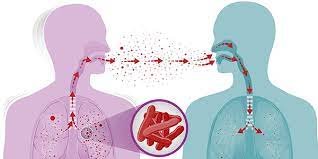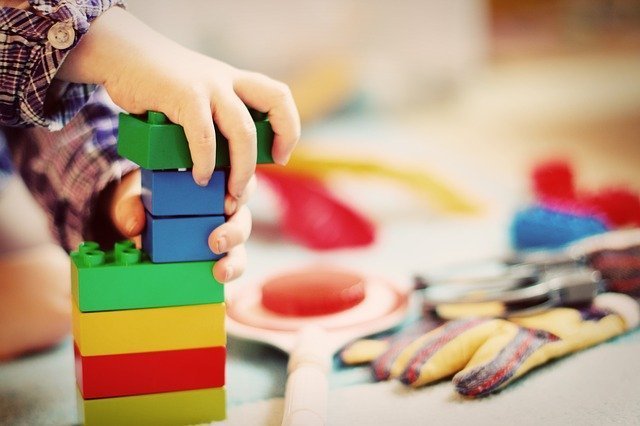The deadly second wave of Covid-19 has hit India hard. Apart from the fatal oxygen crisis, shortage of trained manpower, as well as shortcomings in the existing health infrastructure, were some of the key elements, which led to the criticism of the Indian government during the second wave. Now fear looms large that future waves might predominately infect children in India and across the world. It is now time to act and fast to invest in healthcare systems for children and India needs to ramp up vaccine programme to cover 18+ as soon as possible so that childhood vaccination gets ample attention.
During previous waves, children’s risk of becoming very ill or dying with Covid-19 was less and throughout the pandemic, they have very rarely needed hospital treatment. But the situation is expected to change during future waves. Western countries are moving ahead with the vaccine for children aged 12 to 15 and efforts are being made to go even younger than this age group.
Today, the world is gearing up to efficiently deal with this dynamic situation and is now focusing on a universal vaccination against Covid. Vaccination for children has emerged as a top priority. Given the vulnerability of children against future waves, countries are planning to vaccinate children from two years of age onwards. India now needs to strengthen all levels of care in response to the pandemic and to ensure essential public health functions with an enhanced focus on women, children and adolescents, and the most vulnerable.
Covid-19 has exacerbated underlying inequities, with vulnerable populations that are already living on the margins and are so often bereft of basic health services being hardest hit. The knock-on impact of the pandemic on childhood vaccination in lower-income countries has been devastating, with millions of children missing out on timely, life-saving immunisations. It is therefore imperative to address the urgent needs of women, children, and adolescents.
In addition to the ongoing and catastrophic direct impact of Covid-19 in many parts of the world, women, children, and adolescents are affected indirectly because of widespread disruptions to essential health, nutrition, and social services under lockdown conditions. This increases the risk of mortality and morbidity, including from treatable and preventable causes, denying the right to protection and care. A recent Global Financing Facility review of 36 partner countries showed there has been up to a 25 per cent drop in coverage of essential health interventions, hitting women and children the hardest.
Recently, government leaders, members of civil society, the UN, academia, the private sector from across the world participated in the virtual event ‘Lives in the Balance’ and spoke out about the devastation of the Covid-19 pandemic on the health of women, children, and adolescents, and unveiled targeted, time-bound commitments for focused action. During the meeting, Vaccine Alliance has called for an extensive childhood vaccination against the infection across the world with special attention on lower-income countries.
It is also important for healthcare and government leaders to emphasise on targeted, time-bound commitments for focused action with concrete and measurable commitments to healthcare investment and policy change. As the pandemic is deepening and magnifying social inequalities compounded by various factors, we must act now, not just to protect progress previously made, but also to work towards a world that is far more equitable than the one that existed before the pandemic. Pro-equity strategies for children and adolescents to accelerate Covid-19 response and recovery is needed.


























